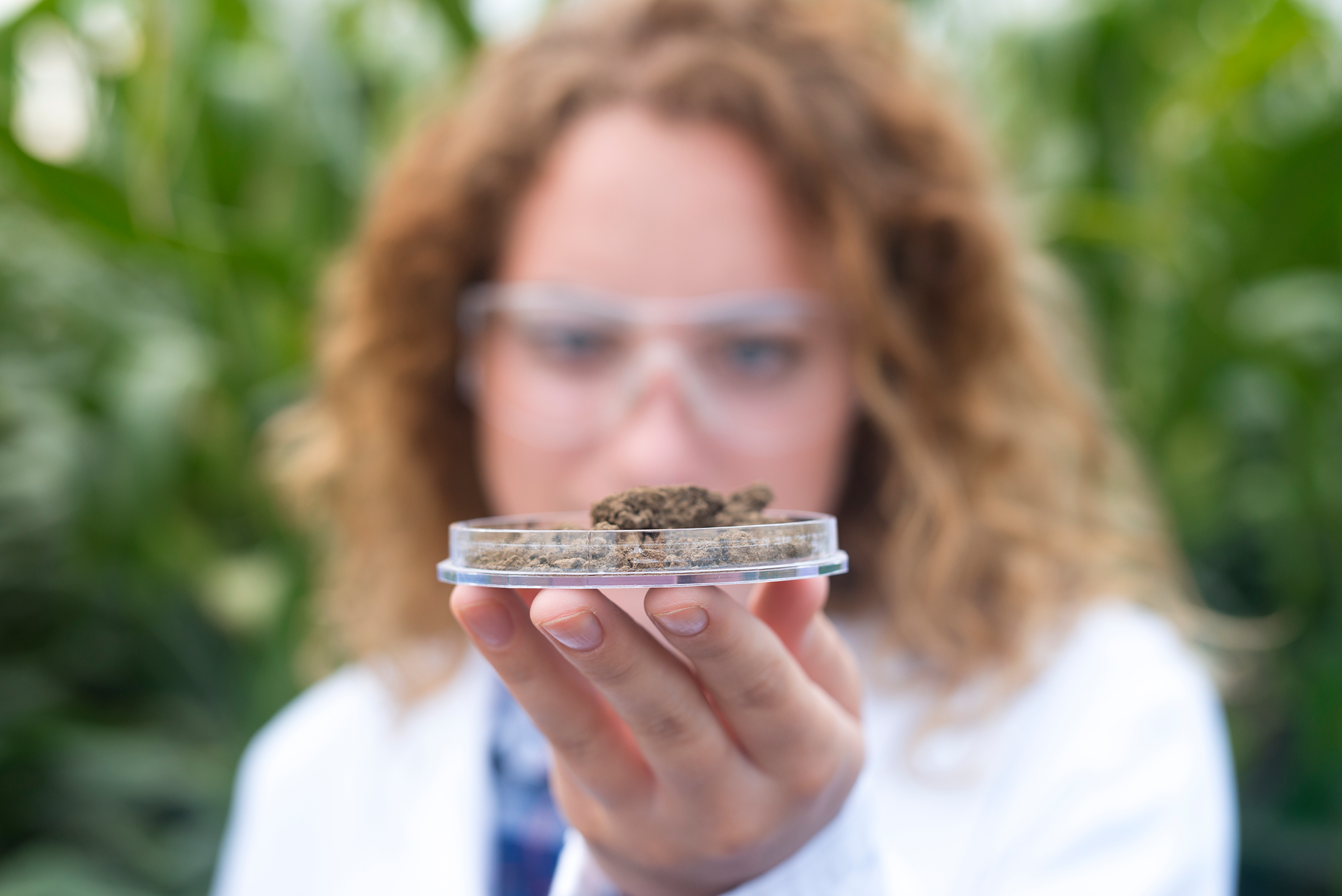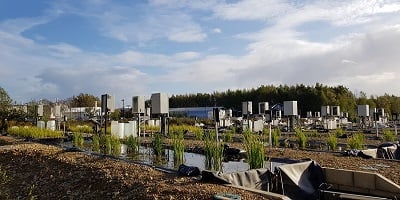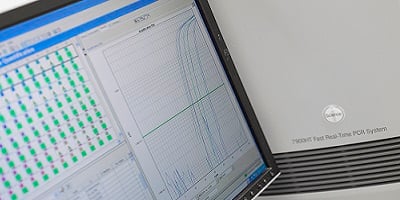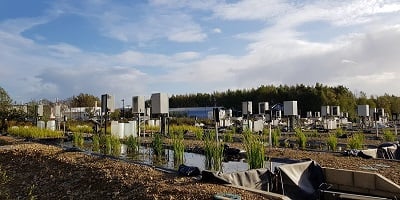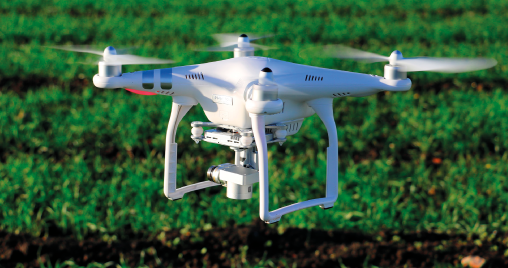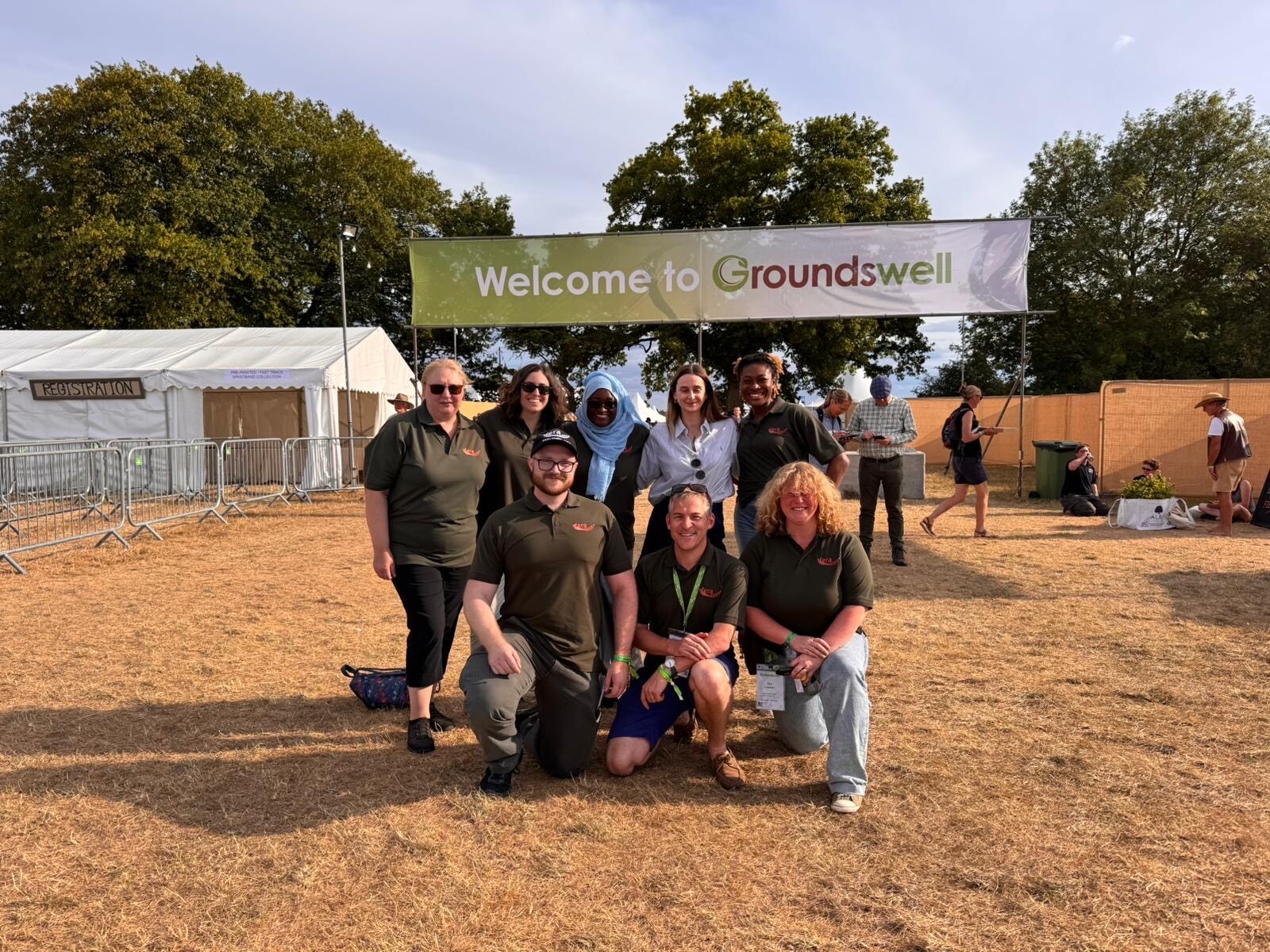Groundswell 2025: A celebration of regenerative progress, community, and collaboration
Groundswell 2025: A celebration of regenerative progress, community, and collaboration
As the dust settles on another inspiring and warm Groundswell, it’s clear that this event is more than just a farming conference - it’s a gathering of a growing movement. Once again, Groundswell brought together an ever-diverse community of thinkers, doers, growers, and changemakers, all driven by a shared vision for a more regenerative, resilient future for food and farming.
Without even mentioning any of the incredible organisations or projects, one of the most powerful takeaways from this year was the strength of the community. Whether you were a seasoned soil advocate or a first-time attendee, there was a shared sense of belonging. A recognition that everyone has a role to play in shaping land use and food production for the better.
The field conversations, chance meetings as you passed through the event, and collaborative sessions reminded us that progress happens when ideas flow freely. Barriers between sectors, organisations and farmers dissolve. That sense of progress was palpable. Across the ground, we saw examples of regenerative agriculture being applied at all scales - from large commercial systems to small-scale innovators. It’s not just farmers leading the charge, but researchers, retailers, policy-makers, and supply chain specialists, each pushing forward in their own way and collectively redefining what a sustainable food system can look like.
 At Fera we’re familiar with the importance of bringing people together and tackling shared problems – after all this is the basis of our collaborative research model, Enigma. The value of Enigma is essential, so we translated this in a way most suited for an event like Groundswell. In the spirit of exchange, our ‘Beers and Ideas’ session (the clue is in the name) was an informal but powerful space for people to unwind, connect, and share the ideas that often don’t make it into panel discussions or pitch decks. It’s in these moments, pint in hand and boots in the grass, where some of the best ideas are born. Not to mention that at 4pm, on an English summer evening, a beer is almost always welcomed.
At Fera we’re familiar with the importance of bringing people together and tackling shared problems – after all this is the basis of our collaborative research model, Enigma. The value of Enigma is essential, so we translated this in a way most suited for an event like Groundswell. In the spirit of exchange, our ‘Beers and Ideas’ session (the clue is in the name) was an informal but powerful space for people to unwind, connect, and share the ideas that often don’t make it into panel discussions or pitch decks. It’s in these moments, pint in hand and boots in the grass, where some of the best ideas are born. Not to mention that at 4pm, on an English summer evening, a beer is almost always welcomed.
Another of the most uplifting trends this year was seeing the younger generation stepping into
action with energy and vision. Students, early-career individuals, and next-gen farmers weren’t just attending, they were speaking, questioning, and challenging. Their presence is a reminder that regenerative farming isn’t just a response to today’s challenges, but a commitment to the future and their future. We brought a wide-ranging team because their excitement and perspectives should be loud voices in the conversation of regen ag. Now feels like the right time to acknowledge that ‘regenerative agriculture’ is a term that comes with a lot of weight. For some, it inspires optimism and innovation. For others, it can feel disconnected from the day-to-day realities of farming and food production, especially when the language oversimplifies what is, in practice, incredibly complex and context-specific work.
Groundswell carries that regen ag banner proudly, but that doesn’t mean every conversation, practice, or principle has to fit neatly under one label. We don’t believe in trimming the edges off other sustainable or pragmatic farming approaches just to make them conform. Progress comes in many forms ,and farmers are making it in different ways, at different paces, often under very real pressures.
So if you’re reading this and thinking, “Regen ag? What does that actually mean?” we’d say it’s less about buzzwords and more about mindset. It’s about testing new ideas, working with natural systems rather than against them, aiming to improve the land while still hitting the production and economic targets that keep a farming business viable. It’s about being open to change and brave enough to admit when something isn’t working, even when the theory said it should. Whatever words you want to use, or not use, that questioning, adaptive mindset is worth holding onto.
Finally, what truly sets Groundswell apart is its circularity of knowledge. This is not a one-way lecture circuit, it’s a living, breathing exchange of ideas. What one person shares on stage ripples into a workshop, is debated over coffee, and is shared by video for the wider world. It’s this continuous cycle of learning and doing that drives the momentum we feel leaving the event. As a scientific organisation focused on finding practical and applied uses of our science, it’s this flow of knowledge that helps us to focus our research and hone in on key issues across farming and the food chain. Over the next few weeks, we will be sharing some of our latest projects, including updates on our new Wireworm DNA Barcoding service, Soil Health and Natural Capital baselining for the future.
Groundswell 2025 proved, once again, that regenerative agriculture isn’t just a set of practices, it’s a mindset, a community, and a collective journey forward. We’re not only proud but excited to be part of it.
_____________________________________________________________________________________If anyone wants to discuss any of these points further, please reach out below or via LinkedIn!




